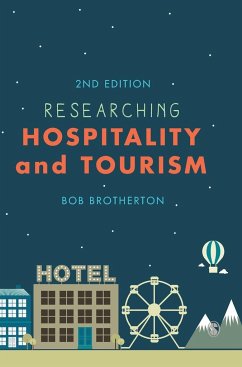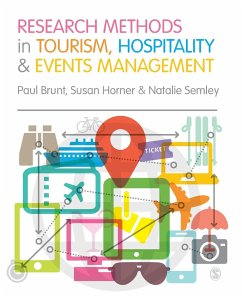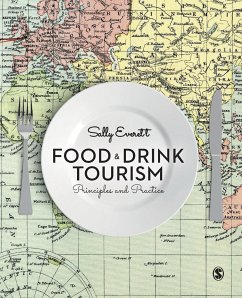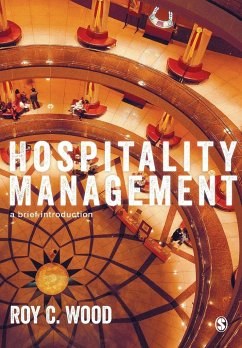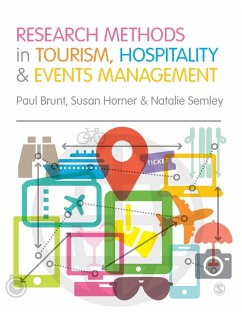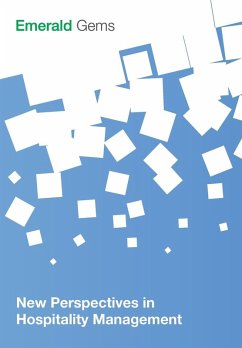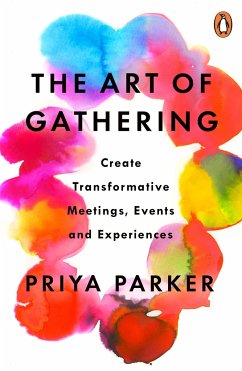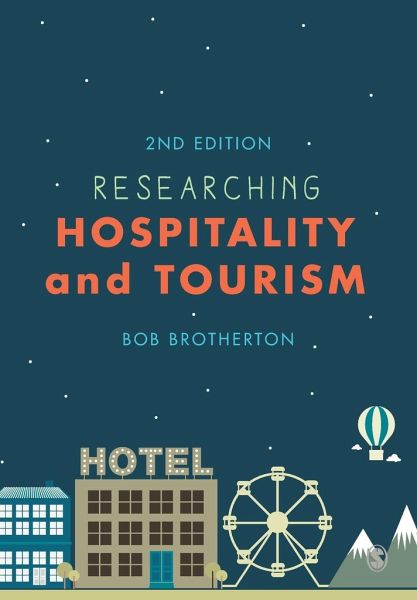
Researching Hospitality and Tourism
Versandkostenfrei!
Versandfertig in 6-10 Tagen
38,99 €
inkl. MwSt.
Weitere Ausgaben:

PAYBACK Punkte
19 °P sammeln!
"Takes readers systematically through the entire research process from the formulation of the aim to the presentation of the dissertation... a key subject-specific resource in our fields."- Dr Peter Lugosi, Oxford Brookes University"Currently the leading book of its kind... students and other novice researchers will find it accessible and user-friendly. Highly recommended."- Professor Roy C. Wood, University of MacauBob Brotherton offers an uncluttered guide to the key concepts and essential research techniques in hospitality and tourism. By providing an authoritative introduction, students ar...
"Takes readers systematically through the entire research process from the formulation of the aim to the presentation of the dissertation... a key subject-specific resource in our fields."
- Dr Peter Lugosi, Oxford Brookes University
"Currently the leading book of its kind... students and other novice researchers will find it accessible and user-friendly. Highly recommended."
- Professor Roy C. Wood, University of Macau
Bob Brotherton offers an uncluttered guide to the key concepts and essential research techniques in hospitality and tourism. By providing an authoritative introduction, students are taken through the issues and decisions that need to be considered to conceive, plan, conduct and write up a research project.
With updates to every chapter and an array of practical examples, this new edition takes students step-by-step through each decision and action stage of the research process, from identifying a topic and formulating the research question to carrying out research and analysing findings.
A companion website will provide a host of student resources including links to video and web resources, suggested further reading, free to download journal articles, and test questions for each chapter.
- Dr Peter Lugosi, Oxford Brookes University
"Currently the leading book of its kind... students and other novice researchers will find it accessible and user-friendly. Highly recommended."
- Professor Roy C. Wood, University of Macau
Bob Brotherton offers an uncluttered guide to the key concepts and essential research techniques in hospitality and tourism. By providing an authoritative introduction, students are taken through the issues and decisions that need to be considered to conceive, plan, conduct and write up a research project.
With updates to every chapter and an array of practical examples, this new edition takes students step-by-step through each decision and action stage of the research process, from identifying a topic and formulating the research question to carrying out research and analysing findings.
A companion website will provide a host of student resources including links to video and web resources, suggested further reading, free to download journal articles, and test questions for each chapter.





